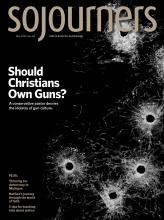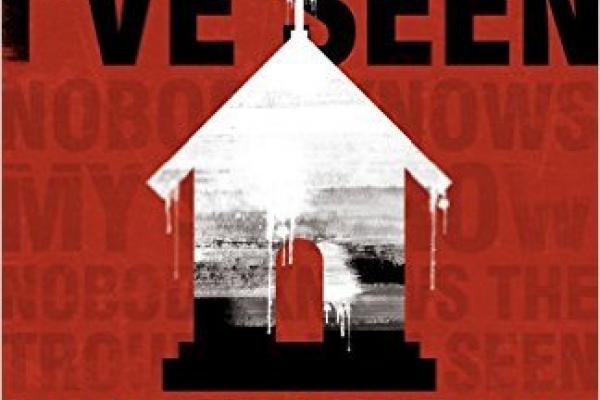Since the beginning of the modern era almost 500 years ago, Western culture has been marked by a distinct aversion to history. Thus we have come to narrate our lives primarily through our stories as (seemingly) autonomous individuals, instead of through the social stories of the peoples and places to which we belong. One of the unfortunate consequences of this shift is that we often become blind to the socioeconomic narratives that have set the stage for our present lives.
One of these is white supremacy, which has shaped the geographical, educational, and economic systems of our land over many generations and played a formative role in the life of almost every American. In his excellent new book, Trouble I’ve Seen: Changing the Way the Church Views Racism, Drew Hart turns our attention to this story and particularly to the ways it misshapes our Christian faithfulness. Hart begins the book with a description of how racialized our lives are. Historically, nonwhites were excluded from many important spaces in U.S. public life: schools, governmental positions, and even churches. Although few, if any, of these spaces today explicitly exclude nonwhites, our socioeconomic systems are rooted in these earlier eras and continue to promote a highly segregated way of life. “When we can be honest about how our entire society is deeply racialized,” Hart says, “we will be ready to move forward.”
Hart reminds us that race is not simply about the color of one’s skin but also about power and the question of who gets to dictate the course that our society will follow. Early in the book, he spends a chapter exploring how our understanding of Jesus is often too white. We are inclined to imagine Jesus as an influencer, one who works in the upper echelons of our hierarchical society and who has the power to control the course of society. Hart emphasizes that this is not the Jesus that we find in the gospels, who aligned himself with the marginalized and who mostly rejected hierarchical society. “Where the old order dominated and violently lorded over others,” Hart observes, “the kingdom of God arose from the bottom, margins, and cracks of society, freely inviting people to share in the peace and justice of God made available in the presence of Jesus.”
Read the Full Article

